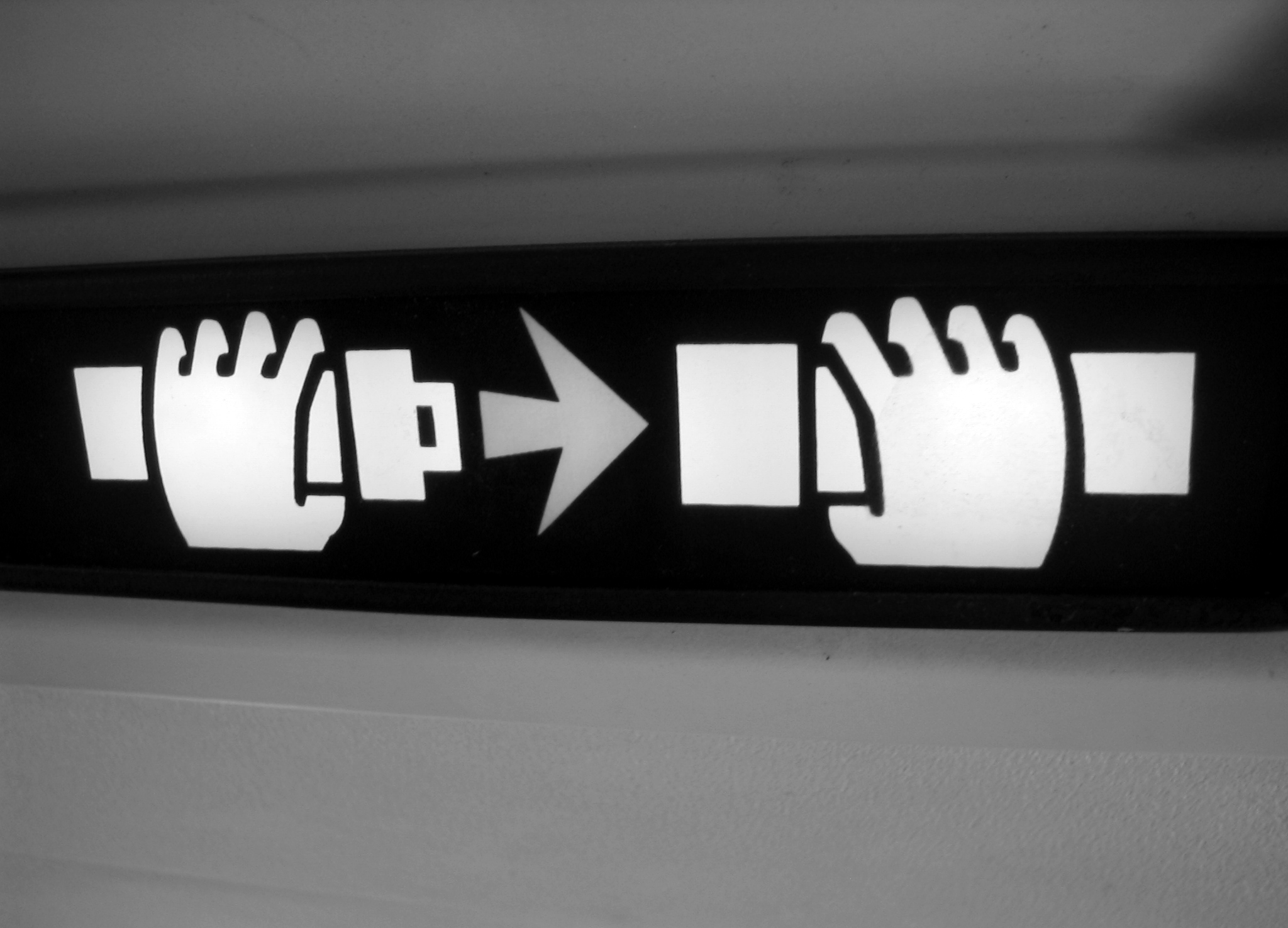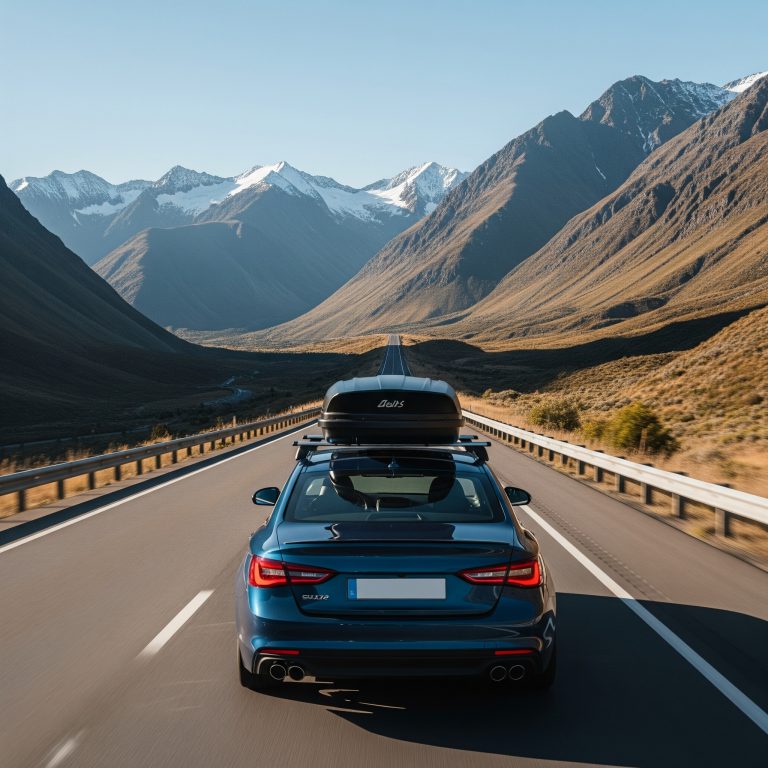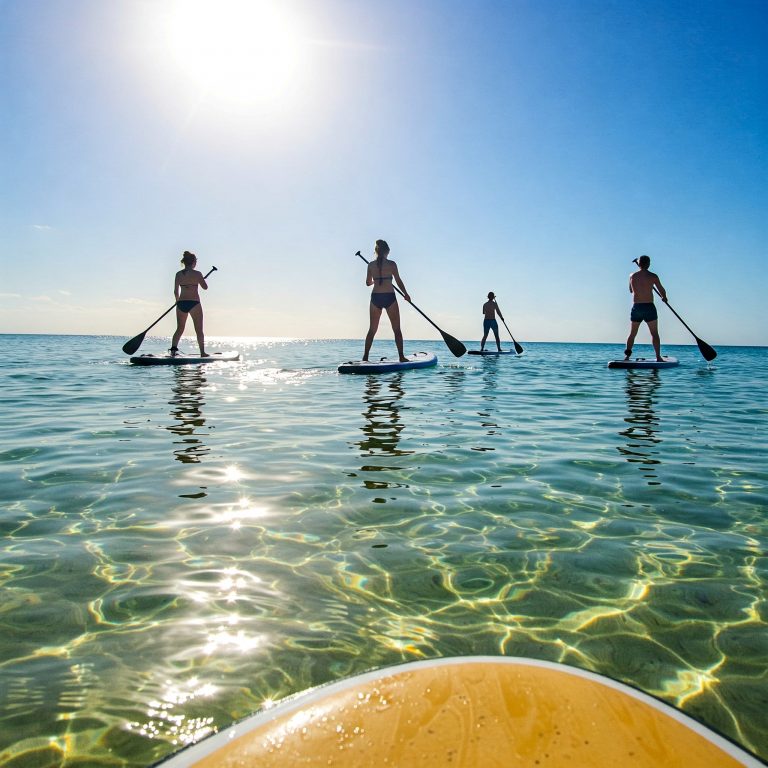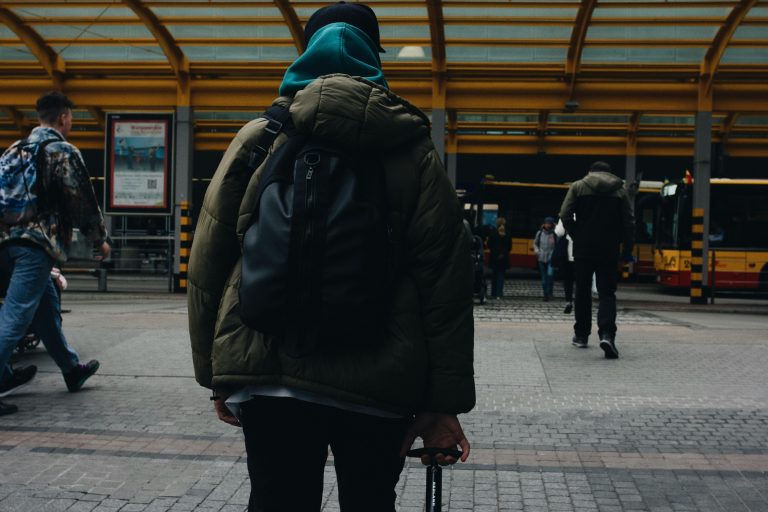Travelling is incredible, offering new cultures, unforgettable sights and thrilling adventures, but it’s important to keep in mind the key safety tips for travellers, that we cover in this post, to ensure a smooth and secure journey.
Here are 15 essential safety tips every traveller should keep in mind.
1. Research Your Destination Before You Go
Lets face it, most of us will not purposefully go to dangerous areas of towns in the dead of darkness right? Indeed some areas aren’t even worth visiting during the day due to their notoriety.
Before you even think about pack your bags, spend some time researching your destination.
Learn about local customs, political situations, common scams and areas that may be unsafe.
Travel forums, blogs and government travel advisories are great sources of information. Understanding the local etiquette can also help you blend in and avoid unnecessary trouble.
2. Stay Aware of Common Scams
Scammers often target tourists, taking advantage of their unfamiliarity with the area.
Some classic tricks include fake taxis, staged distractions leading to pickpocketing and overly friendly strangers trying to lure you into a scam.
A quick online search about common scams in your destination can save you from falling victim to them.
3. Invest in Reliable Travel Insurance
Many travellers overlook the importance of travel insurance until they need it.
A good insurance policy should cover medical emergencies, lost or stolen belongings, trip cancellations and even emergency evacuations. No one expects accidents to happen, but being prepared can save you thousands in unforeseen expenses.
For the cost, the upside of having insurance is so high, it’s a ‘no brainer’, as some would say.
4. Keep Emergency Contacts Handy
It’s always smart to have a list of emergency contacts, including local emergency services, your country’s embassy and details of your trusted friends or family members. Perhaps most importantly make copies of your passport and or identification card. Laminate them if possible or at least make sure they are kept in a watertight bag or container.
Keep a digital copies on your phone, but also carry a printed version in case your phone is lost or stolen. You might want to put them up in the Cloud (computer server of course) so they are accessible anywhere you have a access to the net.
5. Plan Your Routes in Advance
Wandering aimlessly can be fun, but it can also lead you into unsafe areas. Before heading out, map your route and identify well-travelled roads.
Apps like Google Maps allow you to download maps for offline use, which is handy when you don’t have internet access.
6. Avoid Walking Alone at Night
While some cities have vibrant nightlife and bustling streets even late at night, others can be much riskier after dark. If you do need to travel at night, stick to well-lit areas and consider using trusted transportation services instead of walking alone.
7. Keep Valuables Out of Sight
Nothing screams “tourist” more than flashing expensive jewellery, high-end cameras, or a thick wad of cash.
Keep your valuables discreetly tucked away. A money belt or anti-theft backpack can help keep your belongings safe from pickpockets.
8. Secure Your Belongings at All Times
Whether you’re on a crowded train, in a café, or checking into a hotel, always be mindful of your belongings.
Use locks on your luggage and never leave your bag unattended. Some travellers even go as far as carrying portable door locks for extra security in accommodations.
9. Use Licensed and Reputable Transport Services
Not all taxis or ride services are safe. Whenever possible, use registered taxi services, rideshare apps with tracking features, or public transport options that are well-reviewed by other travellers.
If you do take a taxi, agree on the fare before getting in to avoid being overcharged.
10. Be Cautious When Using ATMs
ATM fraud is a common issue worldwide. To minimize risk, use ATMs inside banks rather than those on the street, cover your PIN when entering it and avoid withdrawing large sums of cash at once.
Also, check for any suspicious devices attached to the ATM, as these could be used to steal your card details.
11. Stay in Touch with Friends and Family
Keeping in regular contact with someone back home is an easy way to stay safe. Share your itinerary and check in periodically.
If something goes wrong, having someone who knows where you’re supposed to be can make a big difference in an emergency.
12. Be Mindful of What You Share Online
Social media makes it tempting to update your location in real-time, but this can also make you a target for thieves or scams.
Avoid posting your exact whereabouts until after you’ve left, but ideally, wait until you are back home and be cautious when sharing details about your travel plans with strangers.
13. Trust Your Instincts
If something doesn’t feel right, it probably isn’t, ‘trust your gut’.
Whether it’s avoiding a certain street, declining an invitation from a stranger, or walking away from a questionable situation, listening to your instincts can keep you out of harm’s way.
14. Respect Local Laws and Customs
Every country has its own laws and cultural norms, some of which may differ greatly from what you’re used to.
What’s acceptable in one place might be illegal or offensive in another. Doing some research on local customs and laws will help you stay out of trouble and be respectful to locals.
15. Take Care of Your Health
Health emergencies can be particularly challenging when you’re far from home. Research any necessary vaccinations before your trip, carry a basic first aid kit and make sure you have any medications you might need.
It’s also wise to know the location of the nearest hospital or clinic in case of emergencies.
Final Thoughts
Staying safe while travelling doesn’t mean being paranoid; it simply means being prepared.
By following these tips, you can significantly reduce the risks and focus on enjoying your adventures to the fullest. Travel smart, stay aware and make the most of your journey.




